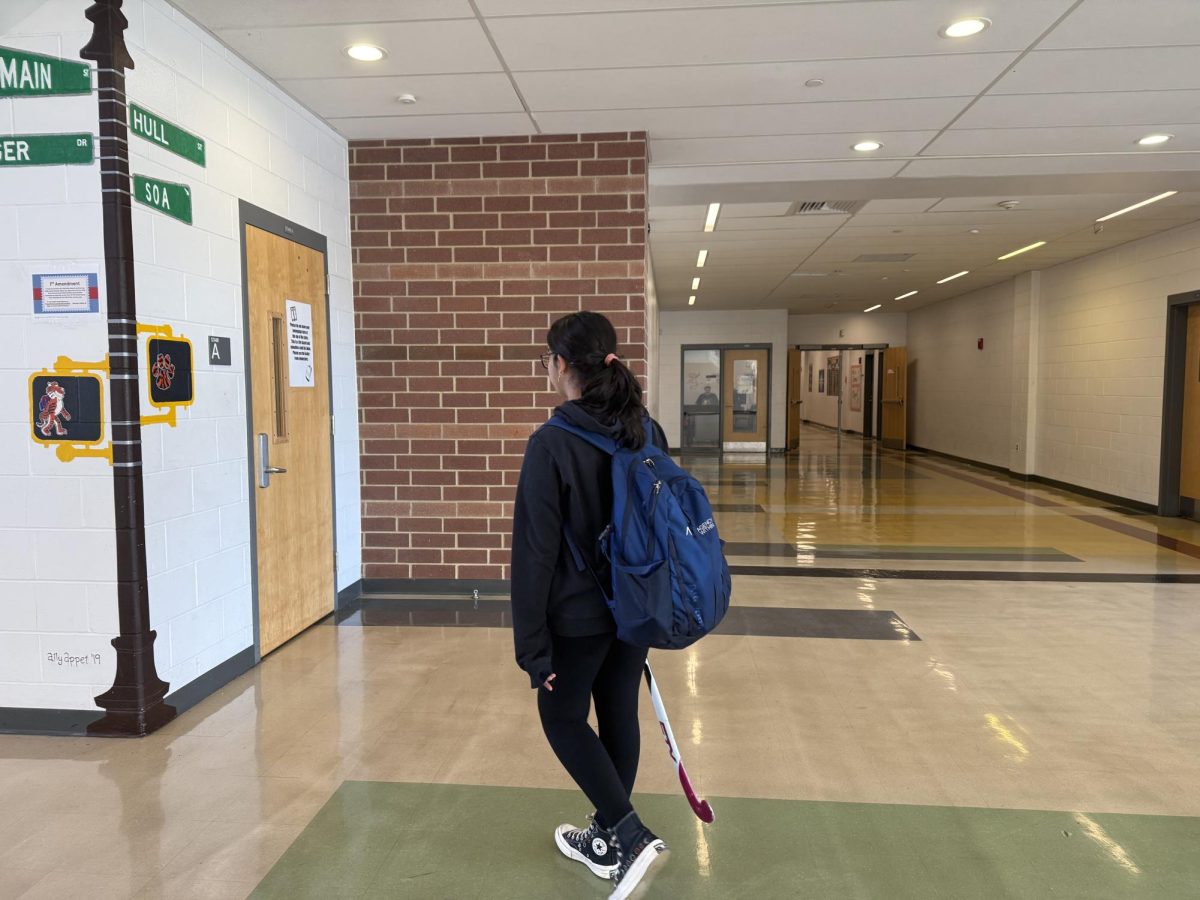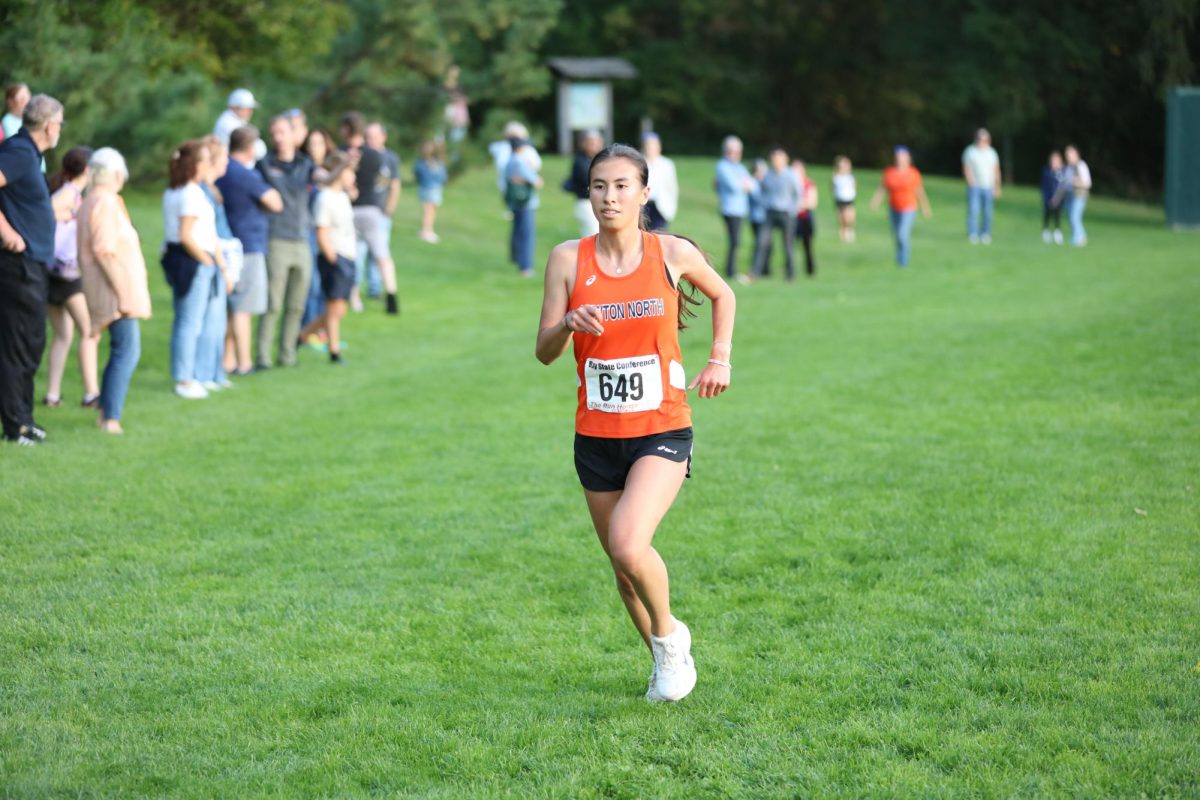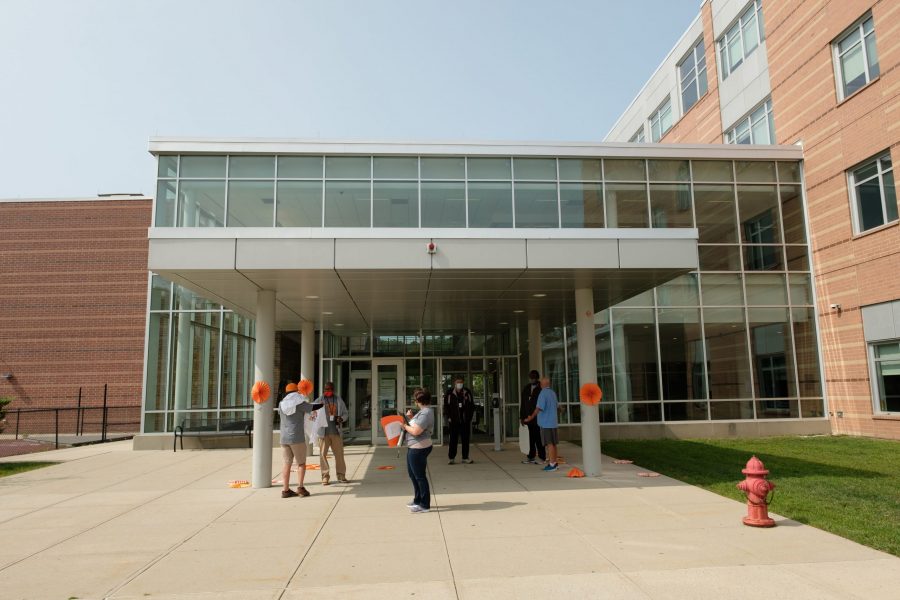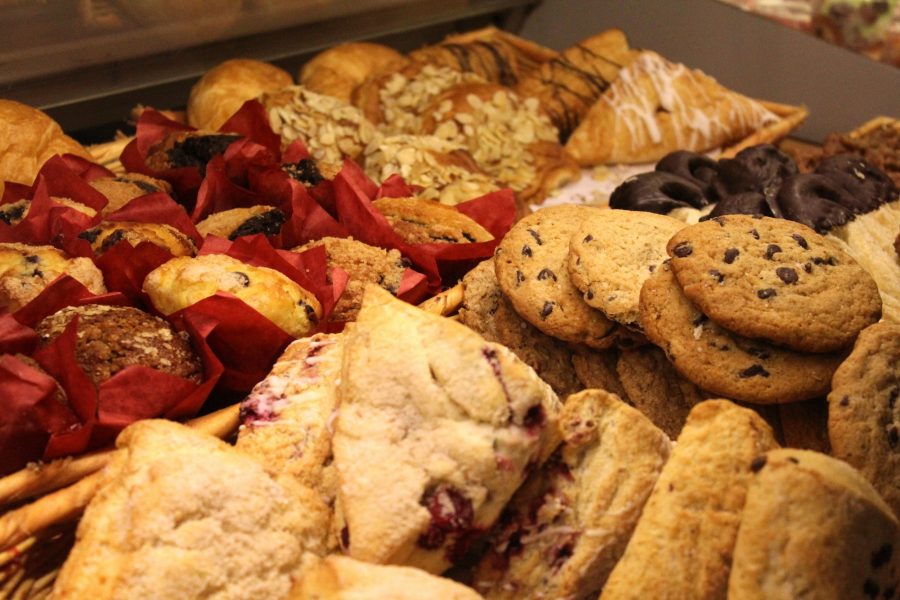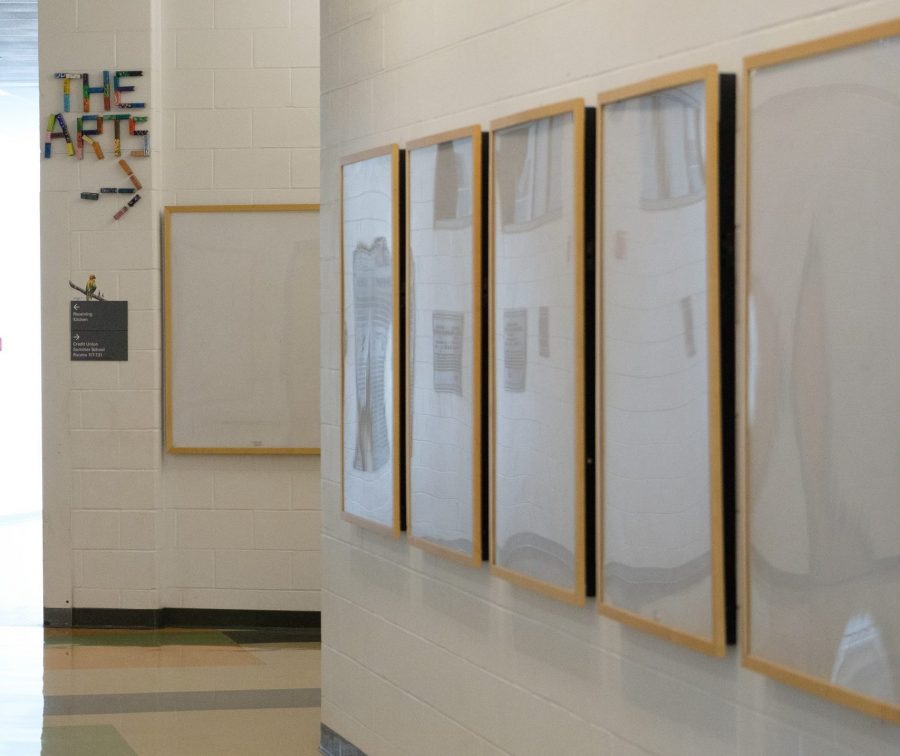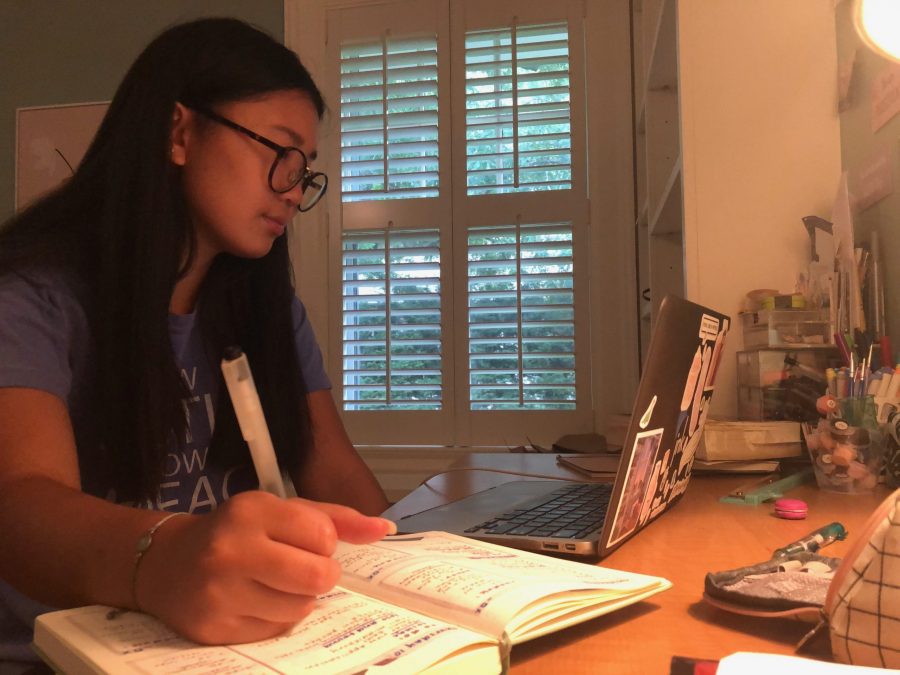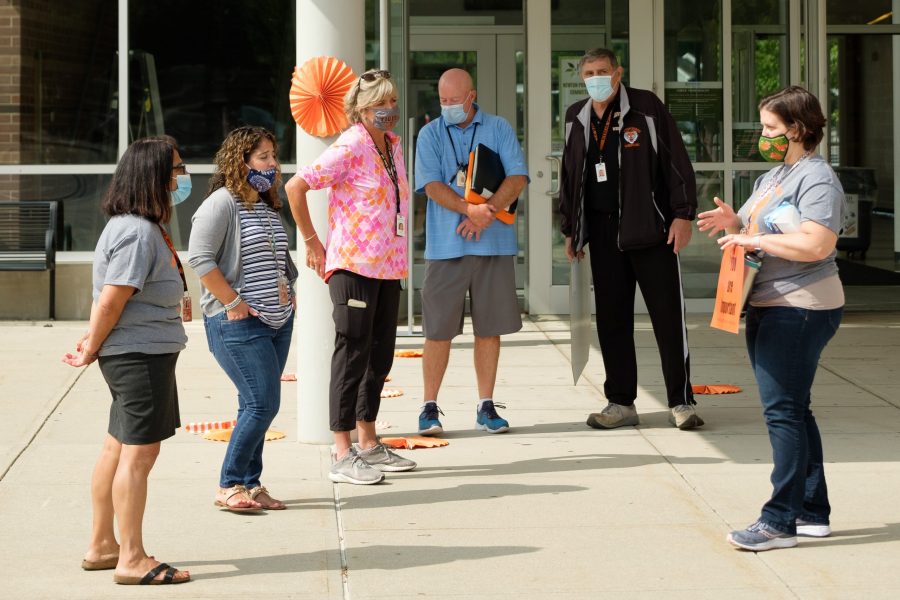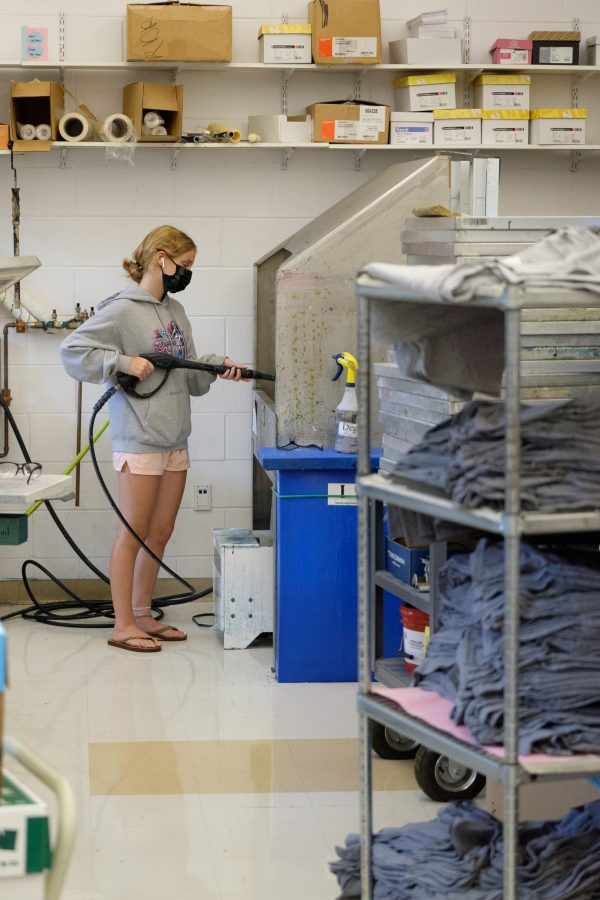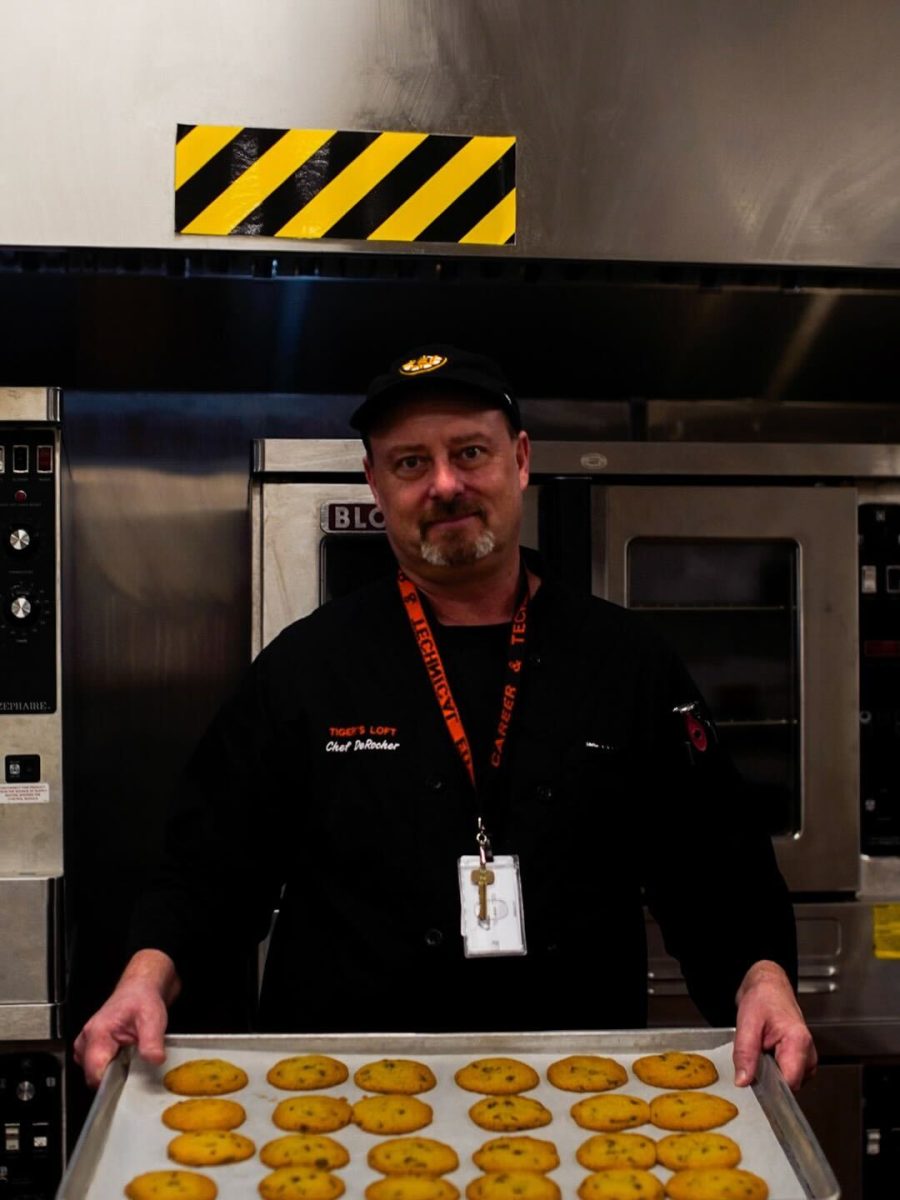Driving through Newton on election day, one could not miss the hundreds of campaigners standing on street corners, holding up signs for their candidates. Among all of the faces behind the signs, many of them were North students. Despite the brutal heat, these high school students stood outside with the sun beating down on them, holding their signs proudly to represent the leaders they wanted for their future.
“I looked into campaigning because I saw issues in the system that we live under and I wanted to make a change,” said junior Linsday Bialecki, who worked for Jesse Mermell, a candidate for the House of Representatives.
While elections are a major part of democracy, it can be difficult for high schoolers to find ways to get involved, since most cannot vote. Many North students, however, have turned to working for political campaigns.
On September 1, citizens from Massachusetts voted in primary elections for the U.S. Senate and the House of Representatives.
The Democratic primaries for the Fourth Congressional District, which includes Newton, and the U.S. Senate were the most publicized in the state this year. While primaries were also held for Replublican contests, students who agreed to be interviewed for this article all worked for Democratic candidates.
Students engaged in many campaigning strategies such as watching debates between candidates and spreading information through social media. The main strategy, however, was phone banking. Normally, students on campaigns would walk door-to-door and talk to Newton residents about the representative they are working for. With COVID-19 regulations, this has changed. Students had to call up Newton residents, tell them about the elections, and convince them that a certain candidate is fit for a position in the Senate or House of Representatives.
“The leaders that are elected now will make decisions that directly impact our future. If I see something that needs to be changed, I am going to take a stand and work for it, and it is important that others do, too. Fighting for people who you want to see in office, even on a local level, can go a long way.”
Junior Lindsay Bialecki
“As you are talking to someone, you mark down how likely they are to support the candidate you are working for,” said senior Daniel Harris, who worked for Jake Auchincloss, the winning candidate for the Fourth Congressional District Democratic Primary. “From there, the campaign can target certain media towards them. If we knew that someone was supporting Jake, we called them near election day and reminded them to vote.”
Junior Ruby Bakal worked for Edward Markey, the winning candidate for the U.S. Senate Democratic Primary, as well as Mermell. Bakal said that getting to know voters was extremely important so that she could excite them about the upcoming race. “In order for voters to feel enthusiastic about the race, I had to frame the election in the way that it would most affect them,” Bakal added.
By talking to many voters, senior Emma Larson said that working on a political campaign has taught her to treat others on campaigns with more respect. “I realized how poorly the city of Newton treats phone bankers, and also how badly I have treated phone bankers in the past,” said Larson. Larson worked for Becky Grossman, a candidate for House of Representatives.
Larson added that phone banking has also taught her empathy skills. “If someone is not the nicest to you when you are phone banking, you have to understand that everybody has their own story,” she said.
Bialecki said that she found campaigning rewarding because she learned how to be a better leader as well as how to stay organized. In addition, she has become close with campaigners of all ages, and has improved her ability to make small talk.
According to freshman Amelia Kane, who worked for Auchincloss, campaigning has made her more aware of her own beliefs. “I have discovered more about where I stand in terms of certain issues, and I have formed more solidified opinions on policies,” she said.
Harris added that working on a campaign opened his eyes to multiple perspectives. “I sometimes talked to people who were either Republicans, or who chose not to vote in the primary, and it was valuable to hear the reasoning behind all of the different opinions,” Harris said.
According to Bialecki, it is important for young people to find a leader that they believe will be most effective, and advocate for them.
“The leaders that are elected now will make decisions that directly impact our future,” said Bialecki. “If I see something that needs to be changed, I am going to take a stand and work for it, and it is important that others do, too. Fighting for people who you want to see in office, even on a local level, can go a long way.”
According to Bakal, many young Democrats have different views from some of the older Democrats. Bakal added that the energy the youth brings to the discussion, through protests and movements, is vital in convincing older generations to vote for more effective leaders.
“Our party is changing for the better, but the youth can help change it faster,” said Bakal. “It’s never too early to start moving our party in the direction that it’s inevitably going to go.”
According to Harris, no matter if one is interested in politics or not, it will affect them on a day-to-day basis, especially in communicating with people.
“There will be people who you meet in your life who are conservative or Republican, or who disagree with the policies that you agree with,” Harris added. “You have to be able to communicate with these people, understand them, and accept them no matter who they are.”
According to Kane, current issues, such as gun violence or the climate crisis, are affecting young people more than any other demographic. “It is very important for the youth to find representatives that will not just talk down to them, but will really see them as equal,” said Kane. “The youth are not only the future, but the youth are the now.”








